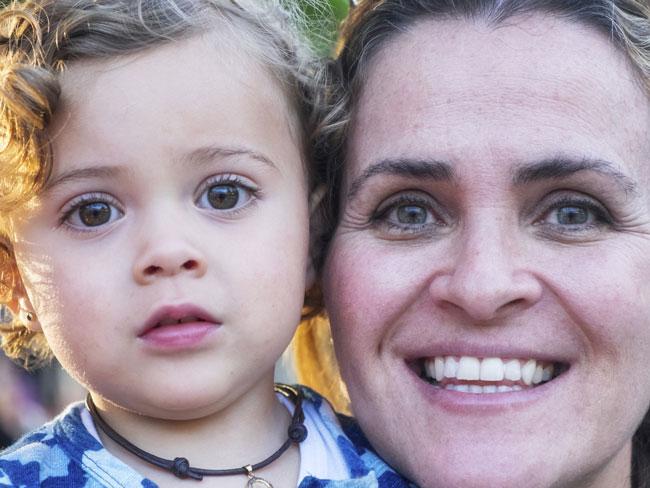Autism has become a common disabiltiy in Australia.
It’s estimated that approximately 0.5% of the Australian population has Autism, or around 115,000 Australians.
Early diagnosis and intervention of Autism is imperiative for increasing the level of independence and social abilities of children with Autism.
In particular, intervention during early childhood offers a “critical window of opportunity” for children aged 0-6 years of age, according to Dr Laurie Stephens, Director of Clinical Services at Education Spectrum in the U.S.
Dr Stephens explains that early intervention with children with Autism is effective due to the brain having a high degree of plasticity during early childhood.
She says that between 25% and 50% of children who receive intensive early intervention are able to participate in mainstream classrooms by the time they begin primary school.
This is backed-up in new research out of Florida State University. The study found that intensive early intervention by parents (not clinicians) resulted in significant improvements in toddlers with Autism.
“We’ve come up with a treatment model that can teach parents to support their child’s learning during everyday activities, and we’ve documented that the children improved their developmental level, social communication skills and autism symptoms,” said Amy Wetherby, the study’s lead author.
The study found that parents who were given one-on-one, in-home training on how to support their children with Autism resulted in these children having an improved vocabulary and social communication skills.
Such social communication skills includes eye gaze, facial expressions, gestures, sounds, sharing of emotion, listening, learning to understand words, discovering how to use objects, all skill that children with autism have difficulty learning.
Wetherbythe explained that the parents involved in the early intervention model were taught how to work with their chlidren in everyday activities. “We taught families to work with their children 20 to 25 hours a week in their everyday activities – not only play but also meals and snacks, caregiving, family chores – and taught them how to bring their children into that activity. We also taught them how to go out in the community, how to take the child to a playground, to a grocery store, to a restaurant, and use these strategies.”
This is a promising approach to Autism treatment and reassuring to the many Australian families living with the disorder. Early, effective intervention can make a huge difference in the lives of these families, “If the parent can start early, then we are more likely to change the child’s trajectory of learning for the rest of their life.”




.png)